2019-2020
- Anne Cardenas
- David Anyakora
- Donna Yerat-Rodriguez
- Dora Ogbonna
- Elizabeth Peek
- Harrison Li
- Katarina Gustin
- Sam Figueroa
- Eve Xelestiál Moreno-Luz
- Undergraduate Library Research Prize Winners
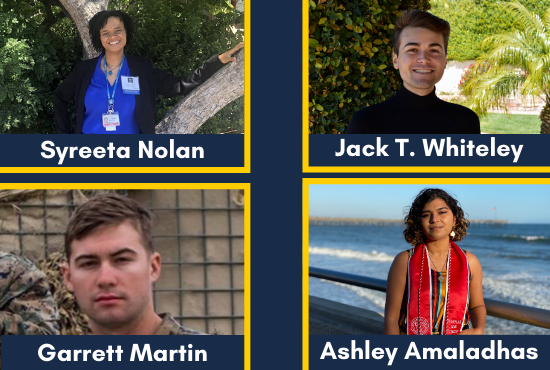
Congratulations to all the Undergraduate Library Research Prize winners! Be sure to stay in touch with UR to stay updated on all UR opportunities and scholarships.
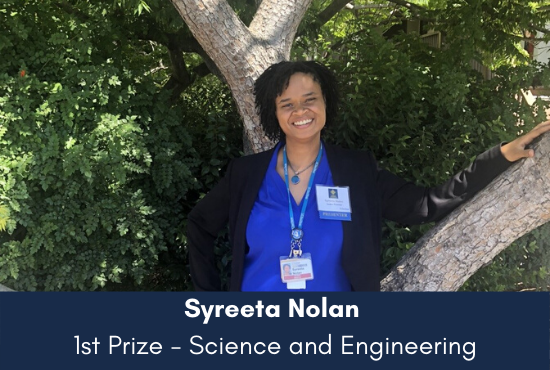
Warren
Senior
Psychology with a specialization in Human Health
Methamphetamine and HIV syndemic factors
I started by networking with my faculty mentor, Dr Francesca Telese, at the Cell Mapping Symposium in 2018 and I joined her lab in January 2019 during my last semester at MiraCosta College as an internship.
I am passionate about this topic because this is an important public health issue. The process of doing a comprehensive systematic review to find out why there is no pharmaceutical treatment and what has been attempted in the past for methamphetamine use disorders is only the beginning for our team. Knowing that my faculty mentor’s colleague, Dr Sara Browne, would like to pursue a clinical trial means that this research has the potential to make a remarkable impact in the lives of those addicted to methamphetamine.
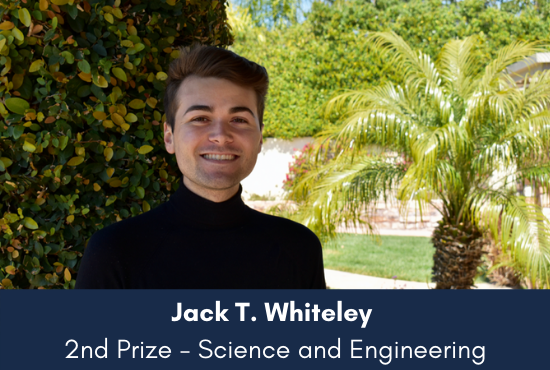
Revelle College
Class of 2020 Graduate
Physiology and Neuroscience
Neuroscience
I’ve always been interested in research, but had never known when the right time to jump into a research role was. However, after my first year at UC San Diego, I realized that there were many research opportunities on and off campus that I could pursue. I applied to a few different positions during the summer before my sophomore year and was lucky enough to end up as a volunteer in the Fred H. Gage Laboratory at the Salk Institute for Biological Studies to study neurogenetics. Neuroscience had always been my passion and I instantly fell in love with conducting research on this subject. Since applying, I’ve worked in the Gage lab for the last 3 years and have transitioned from being an intern to a full-time Lab Technician. Currently, I am studying genetic determinants in neurodevelopment and stem cell models for psychiatric diseases, such as Autism Spectrum Disorder and Schizophrenia.
I’m extremely passionate about the research project that I presented, "Potassium Chloride-Dependent Activation of Immediate Early Genes in an Induced Neuron model.” This project involved investigating the use of immediate early genes (IEGs) in an induced neuron model. IEG activation has previously been implicated in neuronal activation, so we hope to use what we have learned in this study to investigate induced neuron activation in Autism Spectrum Disorder. As psychiatric diseases have been found to be very prevalent in communities across the world, I feel that this topic of research is important, since any therapeutic advantage that can be gained from research we conduct could help many people living with psychiatric diseases today.
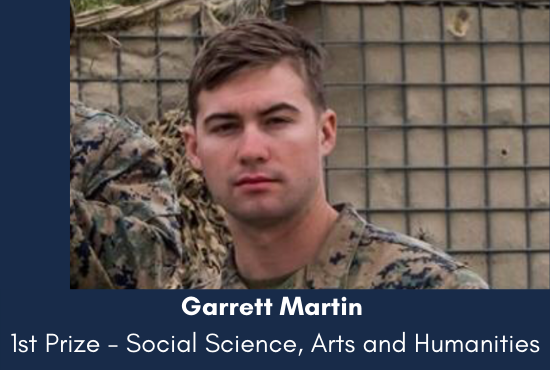
Warren College
Class of 2020 Graduate (Senior- 4th year)
Sociology with concentration in Law & Society
I’m interested in researching the social production of violence, emphasizing the role of culture, language, and identity. My honors thesis research, which argued for a new category of social movement activism that I labeled “mortality salient activism,” started as an in-class project for SOCI 106M Holocaust Diaries. My passion for researching violence has come as a natural consequence of my five year enlistment in the United States Marine Corps.
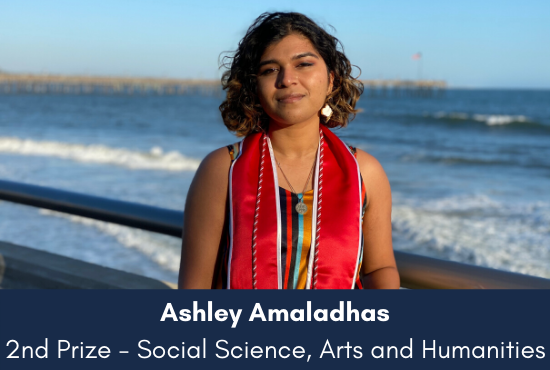
Marshall
4th year, graduated this June
B.A. Global Health and B.S. Psychology - Human Health
Public Health Education
I first became interested in research through my psychology classes. Many of my professors turned to classic experiments to help explain phenomena such as the development of children or the science behind emotions. I realized through these classes how research plays a significant role in our understanding of the world, and I wanted to get involved and contribute to this search for greater knowledge. As someone who is passionate about examining structures that impact quality of life, adding my global health major only solidified my goal of growing as a researcher. I admire that research can encompass anything from statistical analyses to detailed accounts of lived experiences, and I hope to use the tools I've learned in my courses to advocate for the health and wellness of communities.
Are you interested in undergraduate research and/or scholarship opportunities like this one? Contact UR to learn more.